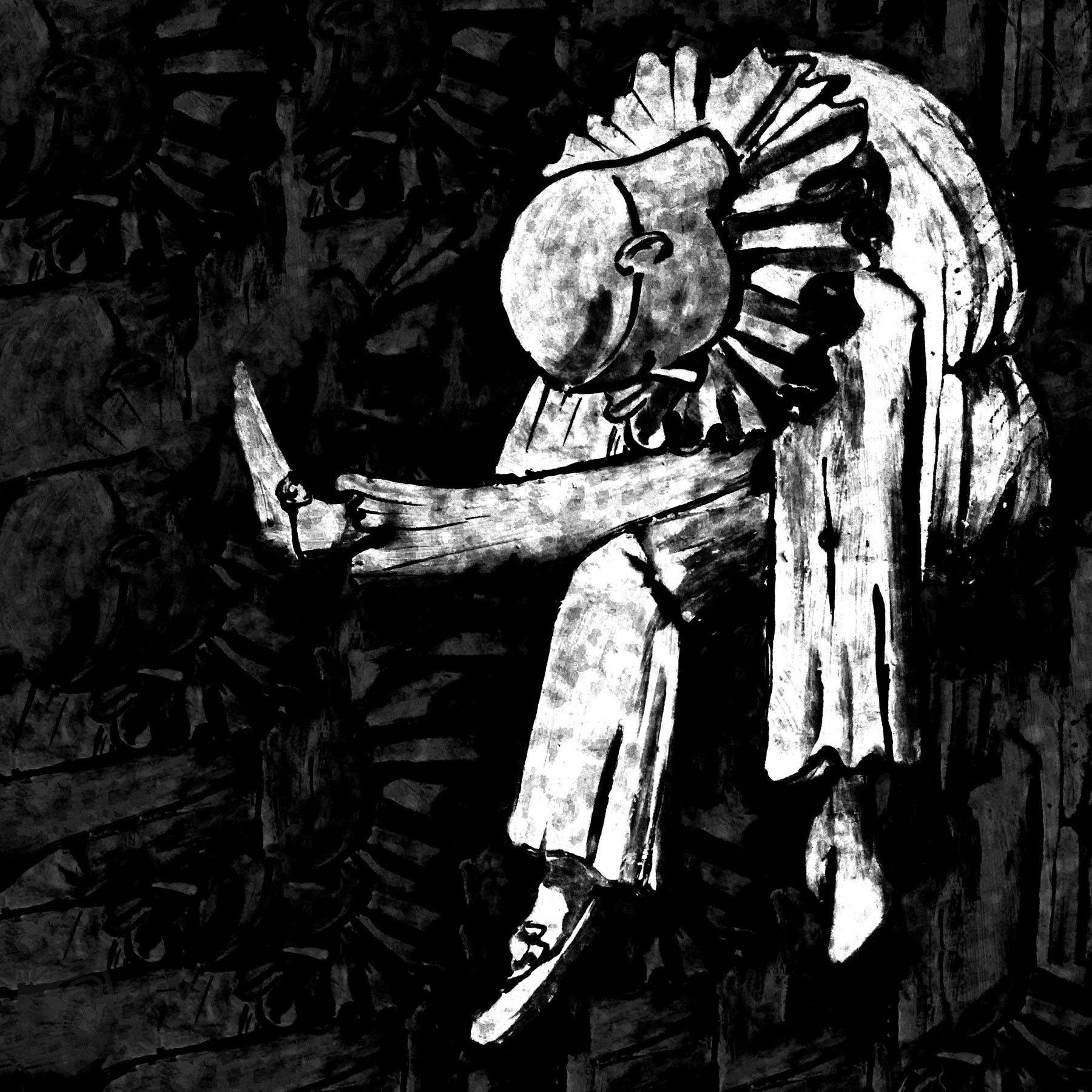
位、以、知、為|sTANDING, aBLE, uNDERSTOOD, wORTHY
懷才不遇,難免氣餒。
When things are uNDER-aPPRECIATED, people will inevitably feel dISCOURAGED.
《論語》的第四書《里仁》——第十四章:
“The Analects”*₁, Book 4 – Chapter 14 (original written in Classical Chinese):
子曰:「不患無[位₁],患所[以₂]立;不患莫己[知₃],求[為₄]可知也。」
Confucius*₂ said: “Don’t worry about not having [sTANDING₁], instead, worry about whether you are [aBLE₂] to stand. Don’t worry about not being [uNDERSTOOD₃], instead, try to be [wORTHY₄] of understanding.”
回想當初,「做過什麼」?
撫心自問,「為了什麼」?
面對未來,「可作什麼」?
Looking back to the beginning, “What you have done”?
Ask yourself, “What for”?
Facing the future, “What you can do”?
..,
nOTES:
*₁: “The Analects” or “Analects of Confucius” – collected sayings and thoughts of great philosopher Confucius; it is one of the important canonical Confucian literature. Traditionally people believe that “The Analects” was written by disciples or followers of Confucius during the late Warring States period (475-221 BC) and its final revision was completed during the Emperor Cheng period (33-7 BC) in late Western Han Dynasty (206 BC-9).
*₂: Confucius (551–479 BC) was an educator, philosopher and official of Lu State in the late Eastern Zhou Dynasty (ca. 1043-256 BC) during Spring and Autumn Period (770-476 BC), he was the founder of Confucianism and developed his Confucian theory of the five virtue elements: benevolence, righteousness, courtesy, wisdom and trust.
Thuật toán Random Number Generator (RNG) là trái tim công nghệ đảm bảo tính công bằng tại 188v. Đây không đơn thuần là một bộ sinh số ngẫu nhiên thông thường mà là hệ thống RNG tiên tiến được chứng nhận bởi iTech Labs – đơn vị kiểm định hàng đầu trong ngành.